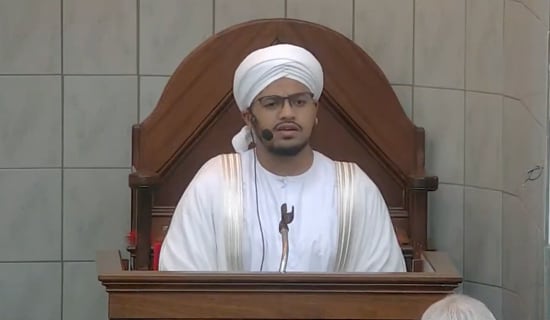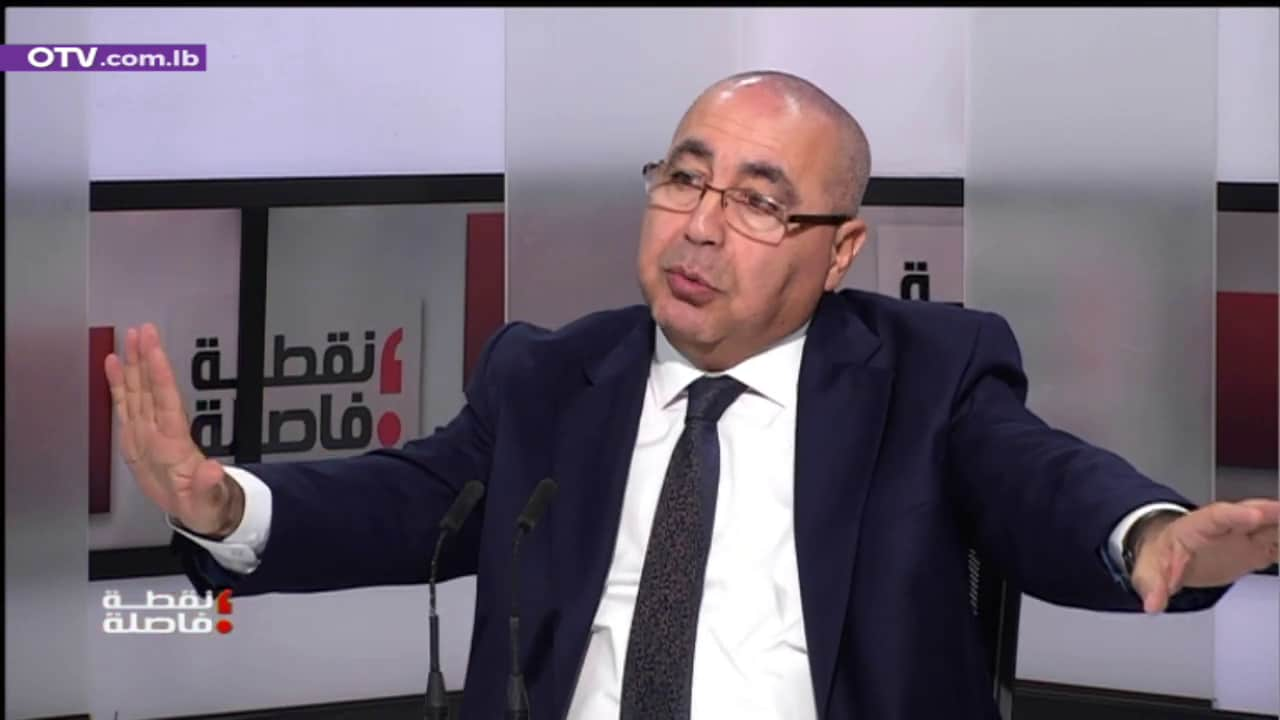
Sunni Iraqi politician Jamal Al-Dhari said that the U.S. was responsible for laying the foundations for sectarian strife and ushering in terrorism, and should not have pulled out its troops from Iraq.
Interviewer: "Before we discuss the talks you held in Moscow today, I'd like to talk about an article of yours, published in an American newspaper, in which you called for the U.S. troops to remain in Iraq. This seems like a strange paradox. Your movement or political party is called the 'Iraqi National Project,' and according to what you are saying, the U.S. is responsible for the crimes committed against the Iraqis, so how can you call for these troops to remain [in Iraq]?"
Jamal Al-Dhari: "I have always followed the principle that anyone who commits a crime must bear the consequences. A crime was committed against the Iraqi people, and it was the U.S. that perpetrated that crime. Let me mention an article written by one of their journalists, on the eve of the occupation of Iraq. He said: 'If you break it, you fix it.' He was referring to the U.S. when it entered Iraq. The article talked about the mosaic of Iraqi society, and said that when [the Americans] entered Iraq, they wrecked this mosaic, because the characteristic and the strength of the Iraqi people lie in its social mosaic. So when the Americans came, they laid the foundations for this sectarianism. They established the Iraqi Governing Council on a sectarian basis, and drove a wedge dividing Iraqis into Sunnis, Shiites, and so on, and that's how all this evil was ushered in.
“The U.S. bears full responsibility for maintaining the country's security. It is responsible for ushering terrorism into Iraq. Therefore, [they can't just] shake off this responsibility. Former President Obama considered his greatest achievement to be the pulling out of the U.S troops from Iraq – as if the Americans had come for a stroll in the park. Nobody said to him: Your predecessor, President Bush, was responsible for the killing of millions of Iraqis, and for all that destruction in Iraq, so how can you pull out, just like that? Who bears the cost? Who is paying the price? Who will pay compensation? Who will provide aid?"
Interviewer: "Do you think that this view is understood in American [political] circles?"
Jamal Al-Dhari: "It should be understood. The Americans have become accustomed to hearing nice words, and to have officials come and lay wreaths at the tombs of American soldiers. The Americans have become used to this, because if not for the Americans, many of these officials would not be in power."













